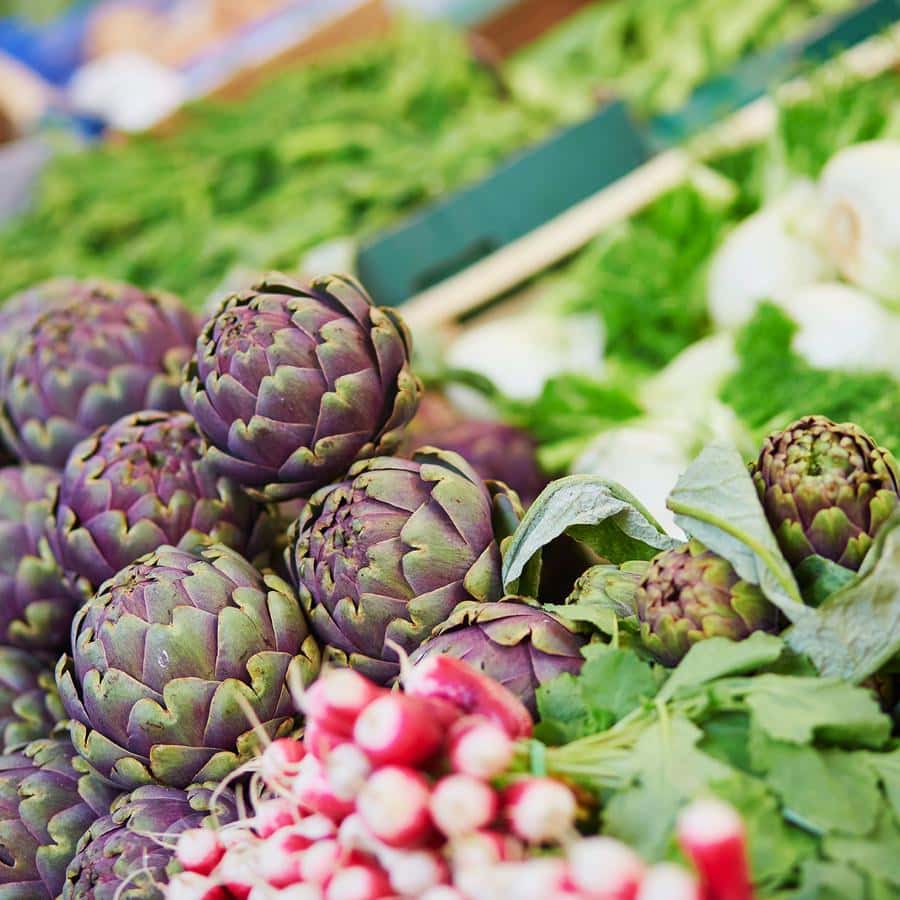
Gallbladder removal is one of the most common surgical procedures in the United States. It is performed when gallstones made of cholesterol or bilirubin block the bile duct causing intense pain. In any given year, roughly 700,000 people undergo this kind of surgery called cholecystectomy.
Reducing the Risk of Gallbladder Removal with Diet:
Doctors traditionally recommend a low-fat diet to avoid gallstones and the need for gallbladder surgery. In addition, investigators have reported that women who drink coffee are less likely to need gallbladder removal (Nordenvall, Oskarsson & Wolk, Clinical Gastroenterology and Hepatology, June 2015).
In contrast, a new study from France shows that a Mediterranean diet reduces the risk of gallbladder surgery by 11 percent. Such a diet is not necessarily low in fat, although the primary fat is olive oil rather than butter or lard. The more fruit, vegetables, beans, whole grains and olive oil women ate, the less likely they were to need a cholecystectomy.
Barré et al, American Journal of Gastroenterology, online, July 25, 2017
Mediterranean Diet Fights Metabolic Syndrome:
Previous research has shown that a Mediterranean diet offers many health benefits. Years ago, Greek researchers discovered that such an eating pattern can reduce the likelihood of metabolic syndrome. This constellation of risk factors includes high triglycerides, a big belly, low HDL cholesterol, high blood pressure and elevated blood sugar. Metabolic syndrome has been linked to the development of diabetes and cardiovascular disease. The meta-analysis involved 50 studies and over 500,000 subjects. It concluded that a Mediterranean diet might lower the risk of developing metabolic syndrome by nearly one third.
Kastorini et al, Journal of the American College of Cardiology, March 2011

